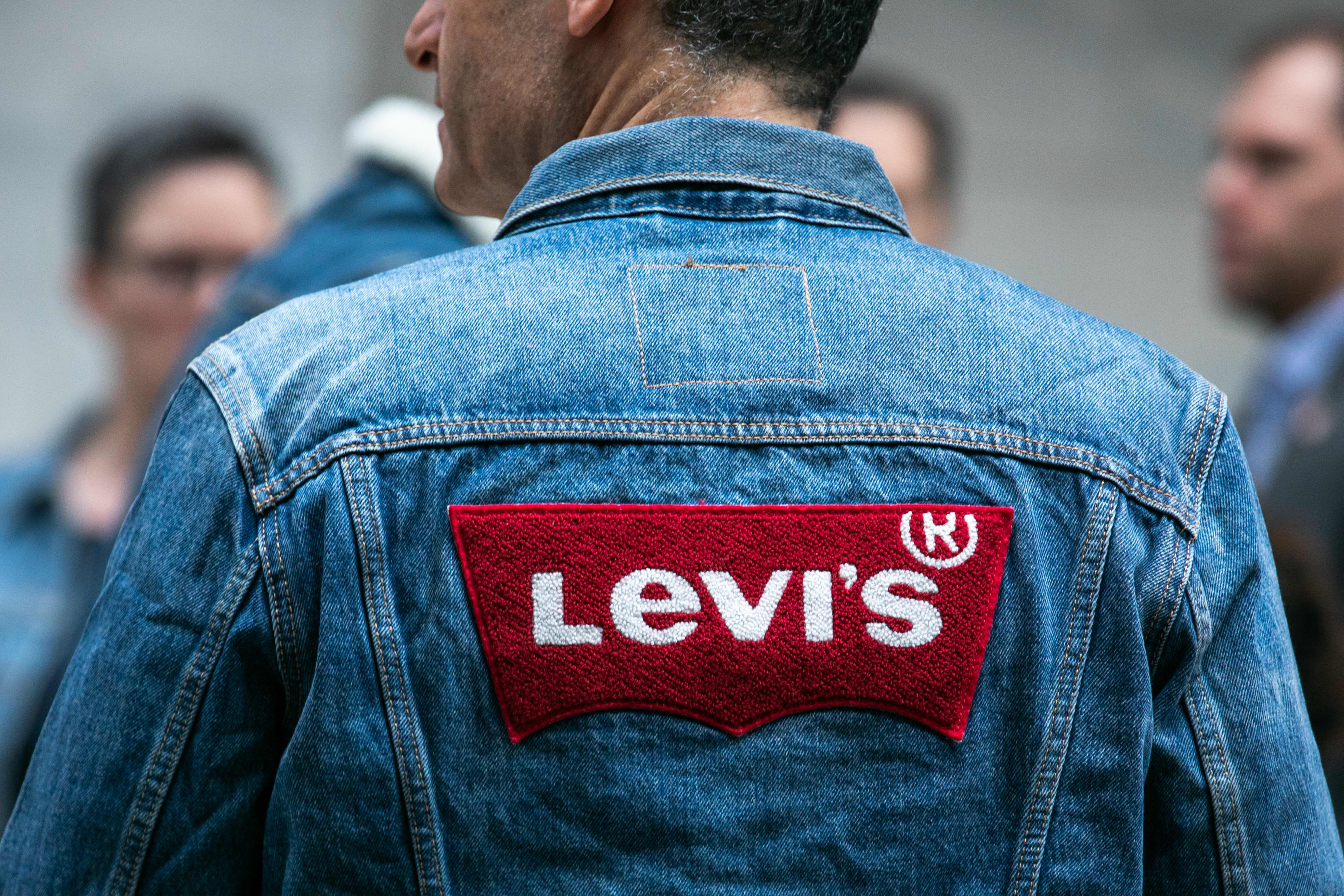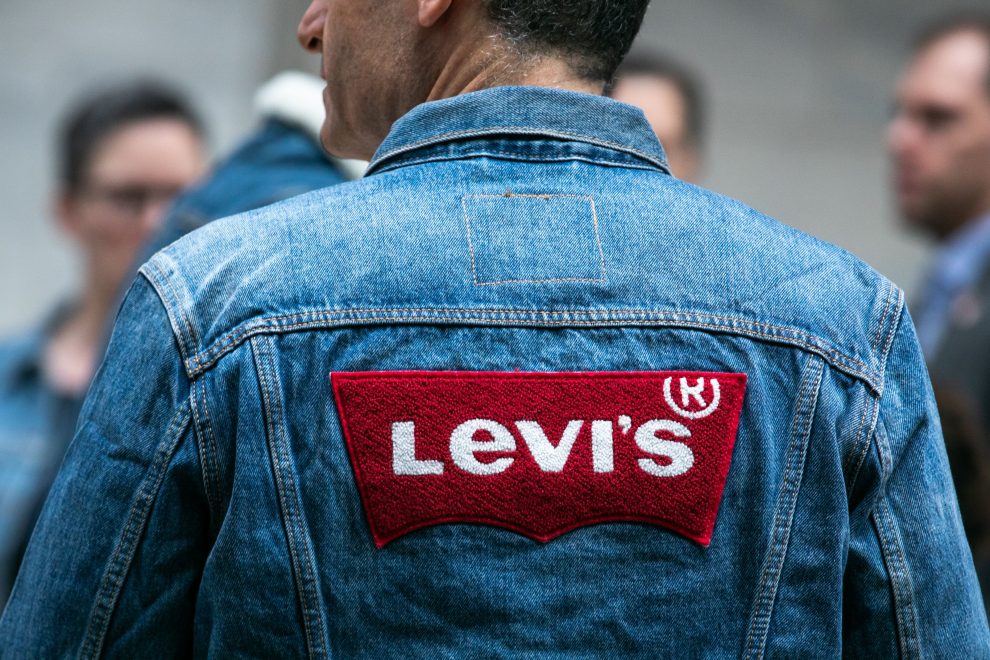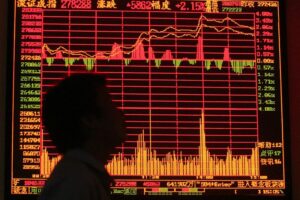
Levi Strauss said on Tuesday its sales growth would slow in the second half of the year due to weakness in its wholesale business and as it wraps up its fiscal year just ahead of Black Friday, sending its shares down 6% on Tuesday.
The company forecast full-year net revenue growth at the high end of the mid-single-digit range after posting revenue growth of 6% in the first half of the year.
“It (the forecast) does suggest that the second half is going to be softer than the first half,” Chief Executive Officer Chip Bergh told Reuters.
The company expects a 100 basis point hit to its revenue from not being able to record the benefit of Black Friday, one of the busiest U.S. shopping days of the year, which is five days after Levi’s fiscal year ending Nov. 24.
Bergh also said that an ongoing weakness in the retail sector was weighing on its U.S. wholesale business, which reported a 2% drop in sales. Globally, the business accounts for a third of Levi’s revenue.
“We are continuing to expect the wholesale business in the U.S. to be challenged in the second half of the year as we face bankruptcies and door closures and tightening of customers open-to-buy budgets,” Bergh said.
To counter the weakness in its wholesale unit, the company has been investing in its online business and retail outlets, while expanding its presence in markets such as China, India and Brazil.
The efforts helped raise sales across segments in the second quarter, with its women’s business growing 16% and tops segment rising 14%. The music festival Coachella also helped drive demand for its cut-off shorts, the company said.
Sales at its China unit rose 3%, but Levi’s said the business was “far from its potential” and had “significant untapped opportunity.”
Selling, general and administrative expenses rose about 7% to $638 million, mainly due to higher advertising and marketing costs.
Net income attributable to the company fell to $28.2 million, or 7 cents per share, from $74.9 million, or 19 cents per share, a year earlier, hit primarily by costs related to its initial public offering earlier this year.
Excluding items, it earned 17 cents per share, beating expectations of 13 cents, while net revenue rose 5% to $1.30 billion, edging past expectations.
Shares of the company were down 6% at $22.20 in extended trading. They have risen nearly 40% since the company’s IPO in March.






